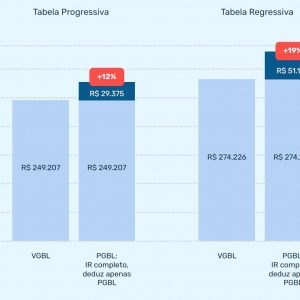Did you know that your Uber account is about 17 times more valuable to a hacker than your credit card information, according to a report the security company Trend Micro compiled for CNBC. They found that on average stolen Uber credentials sell for an average of at least $3.78 per account on underground online marketplaces, while bundles of credit card data are sold for 22 cents, at most. But why?
There are lots of accounts that are more valuable than credit card info. PayPal accounts with a guaranteed balance of $500 go for an average of $6.43, Facebook accounts run about $3.02, Google Voice about 97 cents and Netflix 76 cents, Trend Micro found. Yes, that’s right all of these accounts have a market value.
So what good is this info to a hacker? There are a few ways someone can capitalize on stolen credentials so the more information they can get the better.
The information people store in online accounts can help someone piece together the details they need to steal and abuse identities. Then there’s the potential to steal money through virtual transfers. For example, let’s say a hacker charges someone’s Uber account for phantom rides, a theft tactic in which someone sets up a fake driver account to receive payment for rides the user never takes, CNBC reports. There was never a ride but Uber charges you because it looks like there was. Then it’s left to you to prove you never took the ride.
Preventing various kinds of account theft can be really difficult, and people usually find out about it only after fraud occurs.
This is why its best to keep hackers at bay by using multi-factor authentications, if available, when you log into accounts.
Security experts tend to recommend people avoid using the same password across multiple platforms, so one account hack doesn’t lead to another, potentially more valuable, break-in. You should also not use passwords that contain information like your kids names or pets names. For most people, that information is more than available through social media.
With all the online accounts people have, it’s challenging to regularly monitor every one for unauthorized activity, but it is in your best interest to do so.





